WHAT DO MISSOURI STATE LAWS SAY ABOUT USING FORCE TO CONTROL, DISCLIPLINE OR PROTECT?

If you’ve been accused of assault, domestic assault, child abuse, or another violent offense in Missouri, one of the first questions that matters is simple: was the physical force legally justified? Missouri’s version of “Model Penal Code 3.08” is the statute that covers a specific category of justification, force used by people who have responsibility for someone else’s care, discipline, safety, medical treatment, custody, or immediate protection from self-harm.
In Missouri, that rule is primarily found in RSMo 563.061, titled “Use of force by persons with responsibility for care, discipline or safety of others”. ?
This does not give anyone a “free pass” to put their hands on someone. It’s a narrow justification defense with strict limits, especially when injuries are involved. Understanding those limits (and proving them in court) is exactly where an experienced Missouri criminal defense attorney can change the outcome.
WHAT THIS LAW ACTUALLY COVERS IN MISSOURI
Missouri law recognizes that certain roles sometimes require physical intervention. The law lists several situations where physical force can be justified, meaning the act may not be criminal if the legal requirements are met. ?
Think of it like this, most of the time the use of unwanted force can lead to a possible assault charge. In limited situations, unwanted force may be justified if it was reasonable, necessary, and within the statute’s boundaries ?
1) Parents, guardians, and teachers: discipline and welfare (with hard limits): Missouri allows a parent/guardian (or someone entrusted with care) and certain educators to use physical force only when:
- The person reasonably believes the force is necessary to promote the welfare of the minor/incompetent person, further a special purpose, or maintain reasonable discipline in a school/class/group; and
- The force is not designed to cause — nor is it believed to create a substantial risk of: death, serious physical injury, disfigurement, extreme pain, or extreme emotional distress. ?
That second part is the trap people miss. The statute is basically saying: even if you’re a parent or teacher, you don’t get to “go nuclear.” If the force crosses into “serious harm” territory (or creates a substantial risk of it), the justification can collapse fast. ?
And all of this matters in real cases. A lot of criminal cases start with a story like:
- A parent restrains a child who is out of control
- A teacher breaks up a fight and someone gets hurt
- A caregiver physically intervenes during a behavioral crisis
Police reports and injury photos often make the situation look worse than it was. The legal issue becomes:
Was the force reasonable and necessary, or excessive and risky? That is a factual fight—one that needs smart lawyering and evidence.
2) Wardens and jail/prison officials: maintaining order: The statute also says a warden or authorized correctional official may use physical force (including deadly force) to maintain order and discipline, but only to the extent authorized by law. ?
This is a specialized area and often intersects with other Missouri use-of-force rules. If you’re facing allegations arising out of a jail or custody setting, you need counsel who understands how these statutes interact and what “authorized by law” means in practice. ?
3) Bus drivers, conductors, and others responsible for passenger carriers: Missouri specifically covers people responsible for operating or maintaining order in a vehicle or “carrier of passengers.” If they reasonably believe force is necessary to prevent interference with operation or to maintain order, that force may be justified. ?
But again, Missouri draws a clear line on deadly force: it may be used only when the actor reasonably believes it’s necessary to prevent death or serious physical injury. ?
In plain English: you can physically intervene to keep a situation from endangering passengers or the vehicle’s operation but you can’t escalate to extreme violence unless the threat itself is extreme.
4) Physicians and medically directed treatment (including emergencies): Missouri also recognizes that medical treatment can involve physical restraint or force in certain situations. Under Missouri law, force is justified when used by a physician (or someone assisting at the physician’s direction) to administer a medically acceptable form of treatment reasonably believed to promote the patient’s physical or mental health. ?
And consent matters. The statute allows treatment:
- With the patient’s consent (or appropriate legal consent for minors/incompetent persons), or
- In an emergency when no competent person can be consulted and a reasonable person would consent to safeguard the patient’s welfare. ?
If a criminal allegation stems from restraint, sedation, or “rough handling” during medical care, these details become case-defining. Prosecutors may frame it as assault; the defense may argue lawful, medically justified intervention.
5) Using force to stop a suicide attempt or serious self-harm: Missouri law also allows physical force when the actor reasonably believes:
- The other person is about to commit suicide or inflict serious physical injury on themselves, and
- The force used is necessary to stop that result. ?
These situations can be chaotic, emotional, and messy. Injuries can happen during restraint. Witnesses can misinterpret what they saw. The defense often turns on “reasonable belief” and “necessary force” and whether the intervention matched the threat level.
CAN A KANSAS CITY DEFENSE LAWYER HELP PROVE JUSTIFICATION?
Missouri explicitly states: the defendant has the burden of injecting the issue of justification under this section. That doesn’t mean you must “prove innocence beyond a reasonable doubt” — It means you can’t assume the court will automatically treat this as a justification case.
Your defense must raise it, support it, and litigate it with the right facts, witnesses, and legal framing.
In the state of Missouri, when force is used as described in several justification sections, that justification can be an absolute defense to criminal prosecution and even civil liability in many contexts. ?That’s why these cases are so high-stakes, a properly developed, justification defense can be the difference between a conviction and a dismissal or acquittal.
WHY YOU NEED TO HIRE AN EXPERIENCED KANSAS CITY CRIMINAL DEFENSE LAWYER
A common mistake is trying to talk your way out of an arrest by saying:
- I’m the parent, I can discipline my kid
- I was trying to restrain him for safety
- I was keeping order / preventing harm
Even if that’s true, your wording can hurt you. Officers document what they hear. Prosecutors later use those statements to argue intent, anger, or excess force. A trusted Kansas City criminal defense lawyer’s job is to shape the narrative legally: reasonable belief, necessity, proportionality, and statutory boundaries, backed by evidence, not improvisation.
Please, talk to a knowledgeable Missouri criminal defense attorney before your situation gets worse.
If you’re facing allegations connected to discipline, restraint, protective intervention, medical treatment, or maintaining order — do not assume “common sense” will carry the day. Missouri’s justification rules are technical, and prosecutors often charge aggressively when injuries exist or emotions run high.
KC Defense Counsel can evaluate whether Missouri’s MPC 3.08 applies to your facts, identify the best supporting evidence, and build a defense strategy early, when it matters most. The earlier you hire an affordable Missouri criminal defense lawyer near me, the more options you typically have to reduce charges, fight for dismissal, or win at trial.
CHARGED WITH ASSAULT IN MISSOURI? CALL KC DEFENSE COUNSEL TODAY
Criminal accusations can be overwhelming, but being charged is not the same as being convicted. The state still has the burden to prove every element beyond a reasonable doubt and that’s where an experienced Kansas City criminal defense attorney makes a difference.
KC Defense Counsel is built for real defense work: scrutinizing police conduct, demanding discovery, challenging unreliable testimony, exposing weak forensic conclusions, and forcing the prosecution to answer hard questions.
If you’re facing Missouri misdemeanor or felony charges and you want a defense team that knows how to fight, strategically and relentlessly. Contact KC Defense Counsel today. Schedule a free and confidential case evaluation, learn your options, and get a plan that protects your future.
The sooner you call, the sooner your defense starts.
Cities we serve: Adrian, Archie, Bates City, Belton, Blue Springs, Buckner, Butler, Cameron, Claycomo, Cleveland, Drexel, Fairview, Ferrelview, Gladstone, Grain Valley, Grandview, Greenwood, Houston Lake, Independence, Kansas City Missouri, Kearney, , Knob Noster, Lake Lotawana, Lake Tapawingo, Lake Waukomis, Lake Winnebago, Lawson, Lee’s Summit, Liberty, North Kansas City, Oak Grove, Oakview, Parkville, Peculiar,, Platte City, Platte Woods, Plattsburg, Pleasant Hill, Raymore, Raytown, Riverside, Smithville, Sugar Creek, Tracy, Warrensberg, Weatherby Lake, and Weston.
Statewide: Missouri State Highway Patrol and Sheriff Counties we serve: Bates County, Cass County, Clay County, Jackson County, Platte County, Ray County.
Contact our experienced Kansas City criminal defense lawyers near me in Missouri and let us help begin building your defense. Let us help.
Disclaimer: This page is for informational purposes only and does not create an attorney-client relationship. Always consult qualified counsel regarding your unique situation.









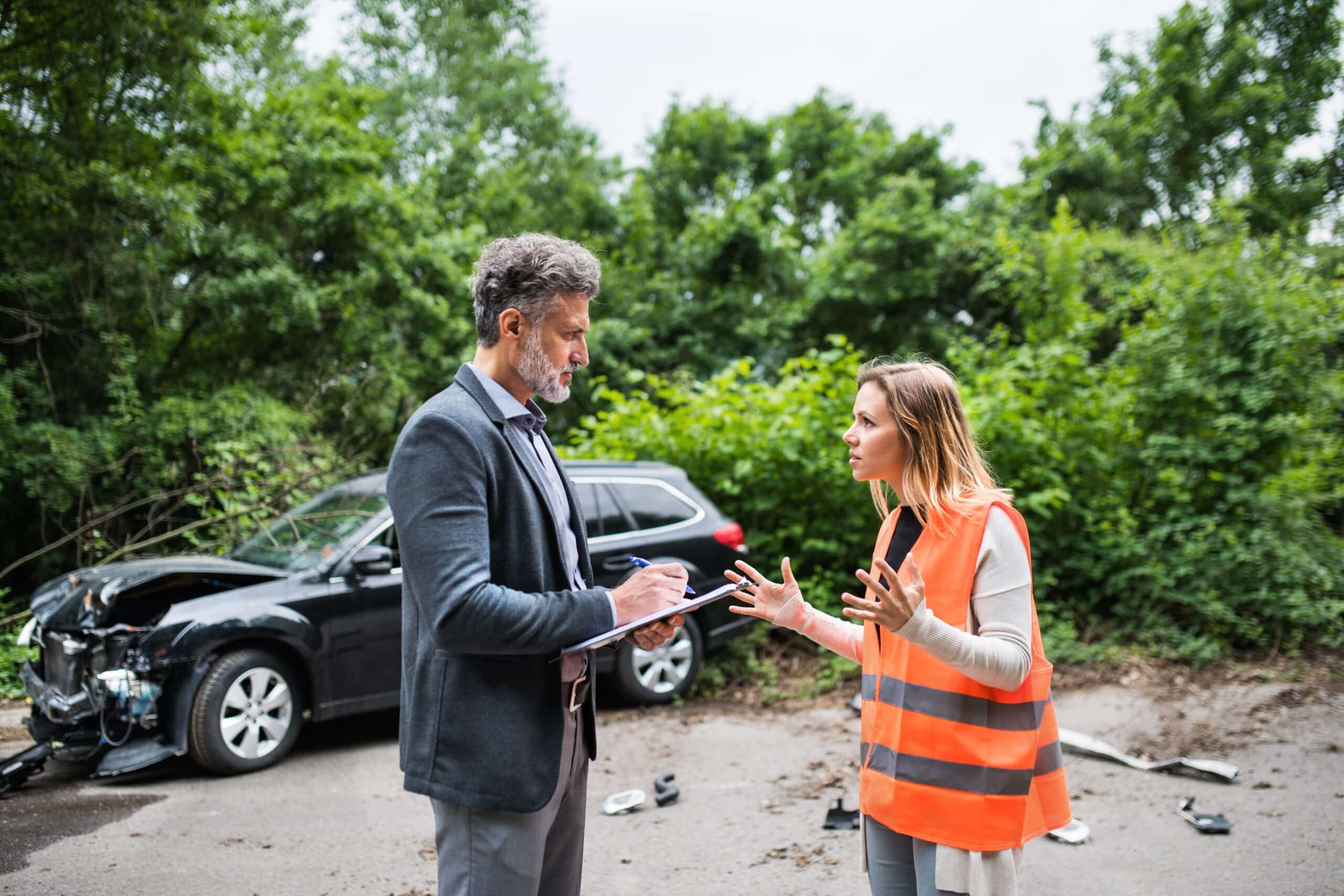

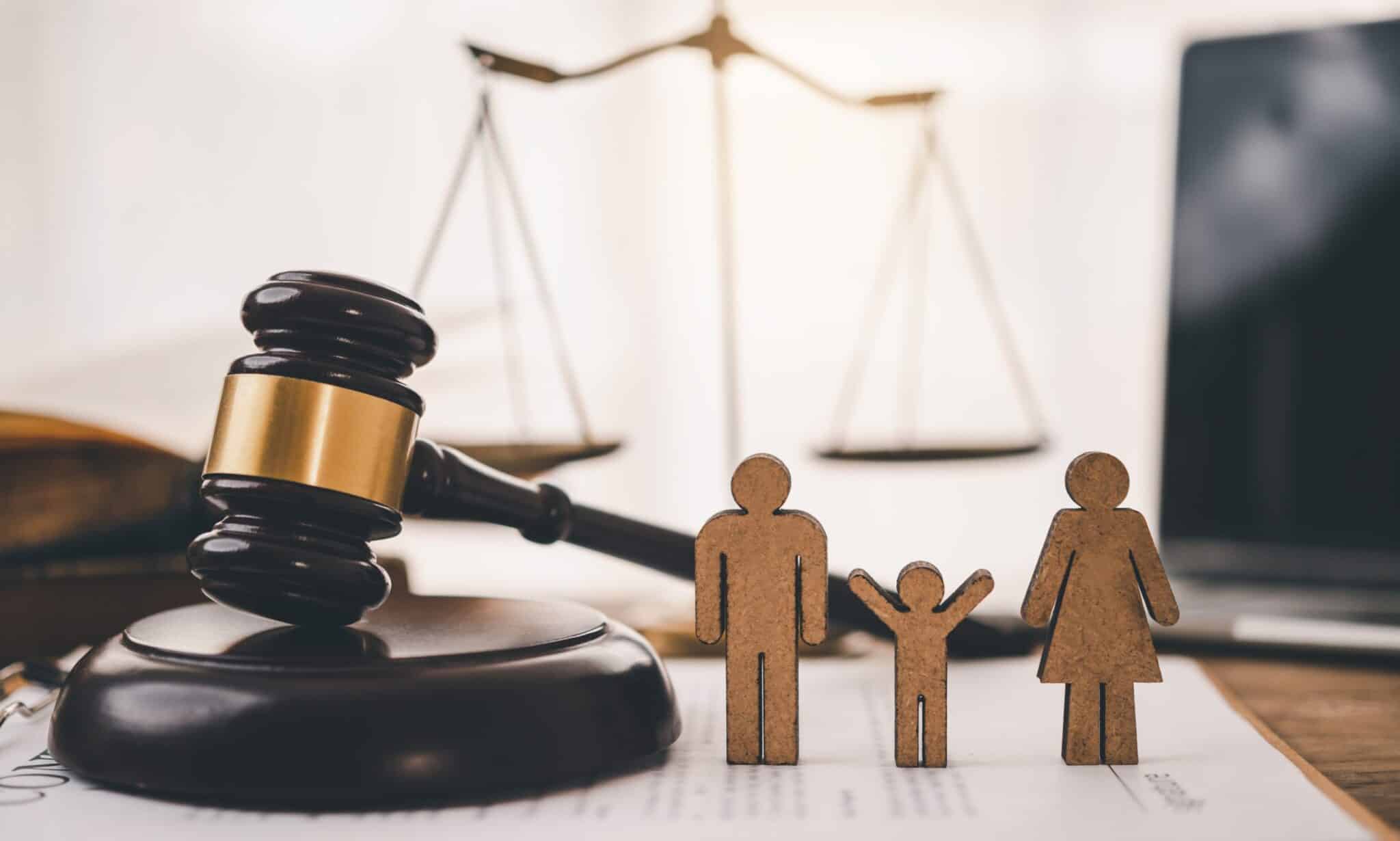
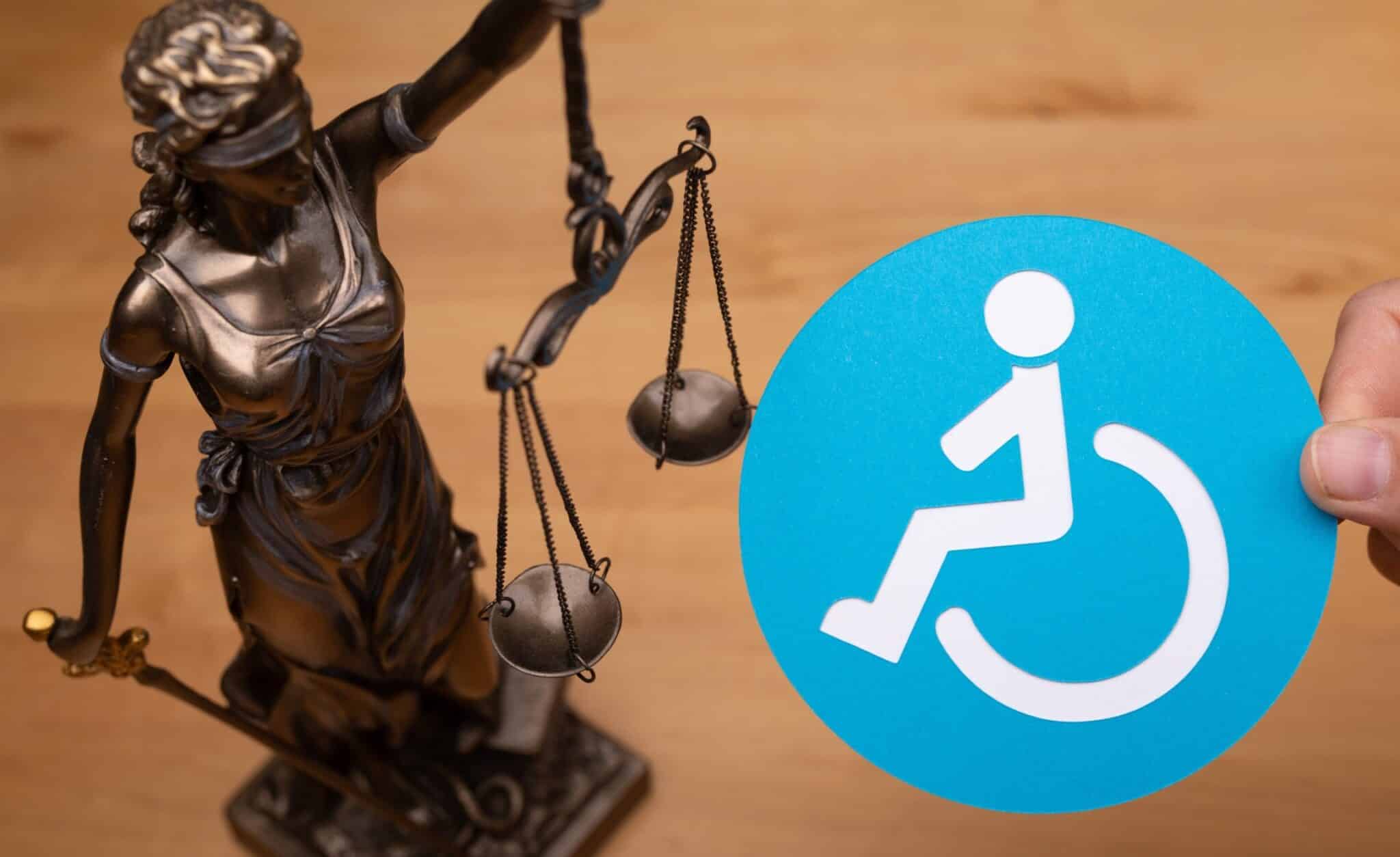




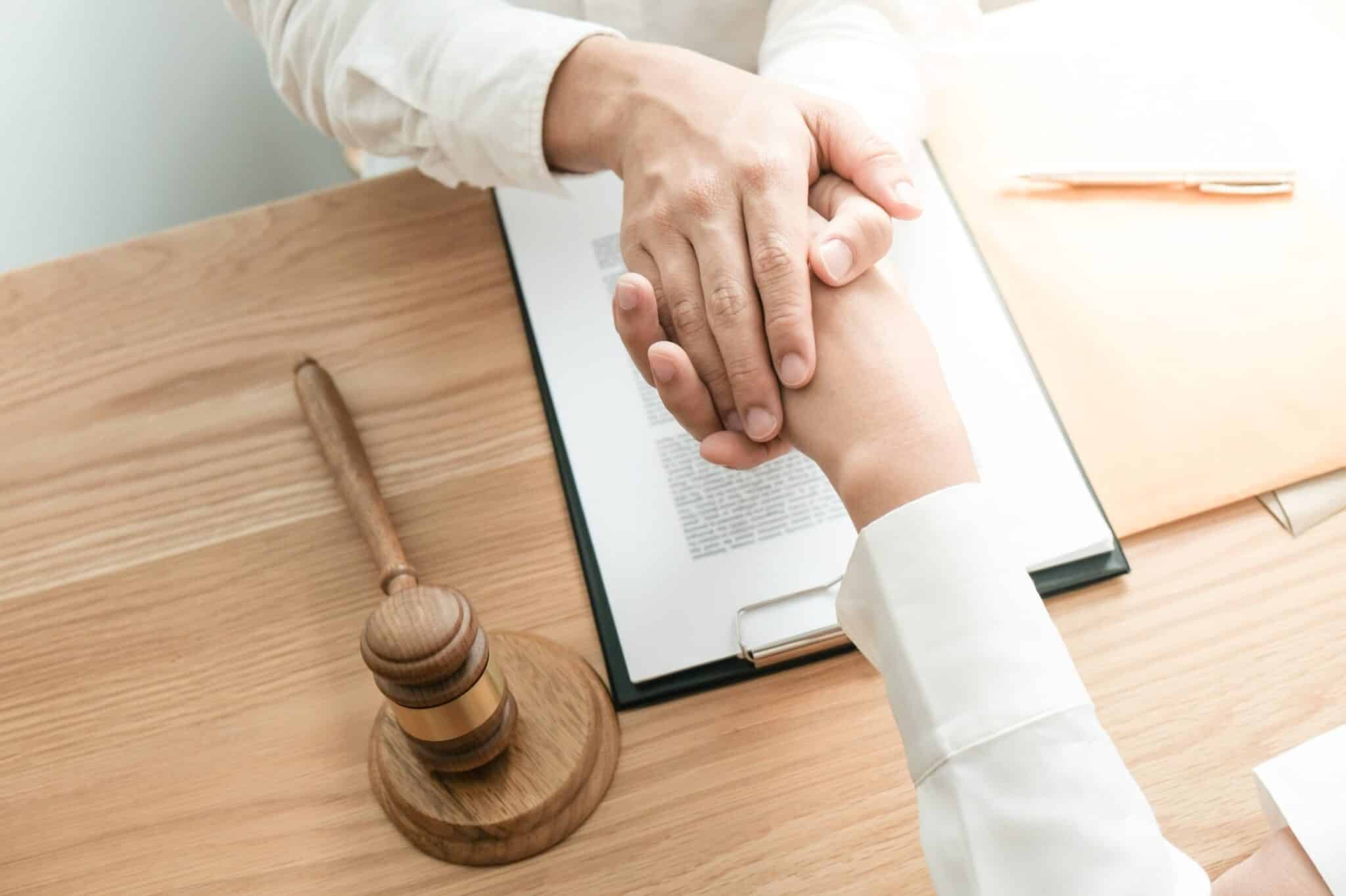

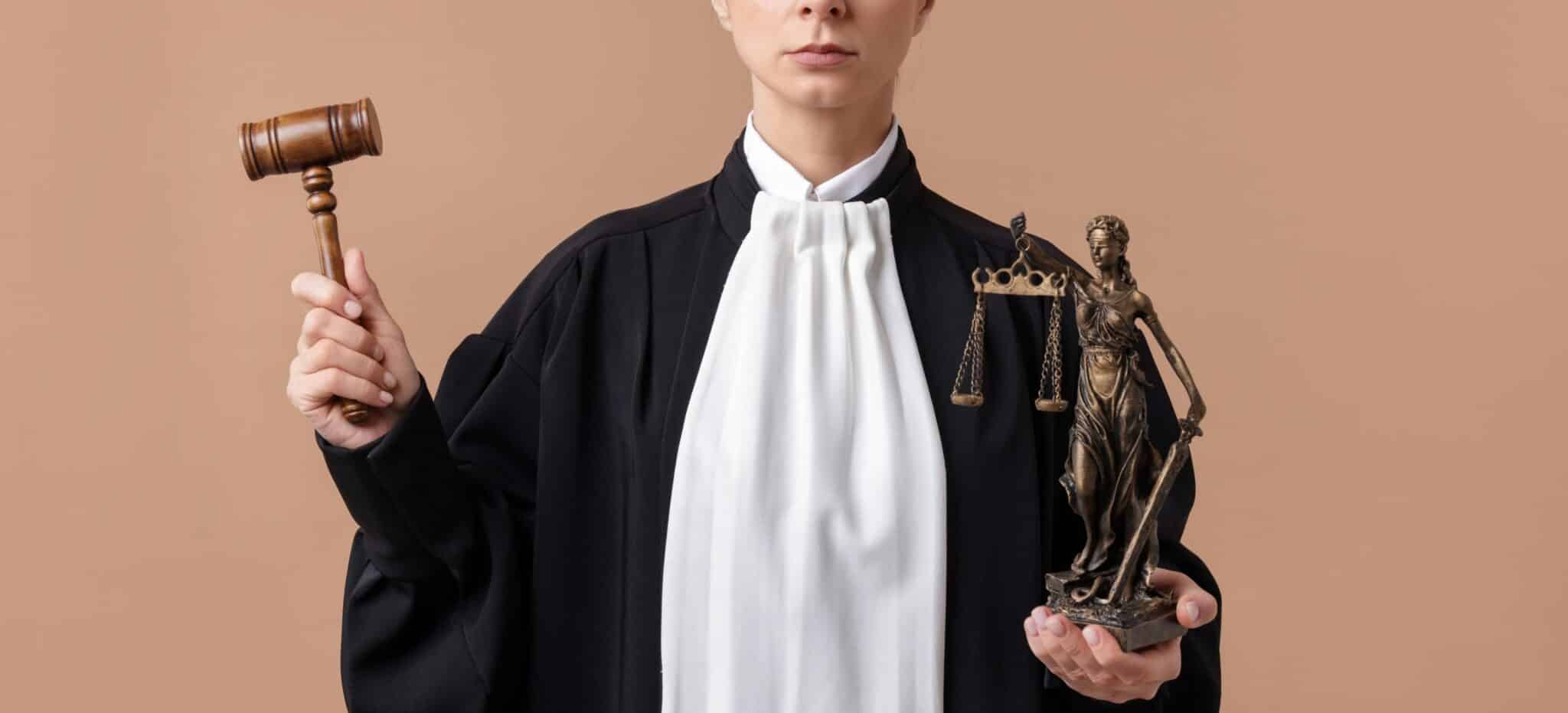
Recent Comments